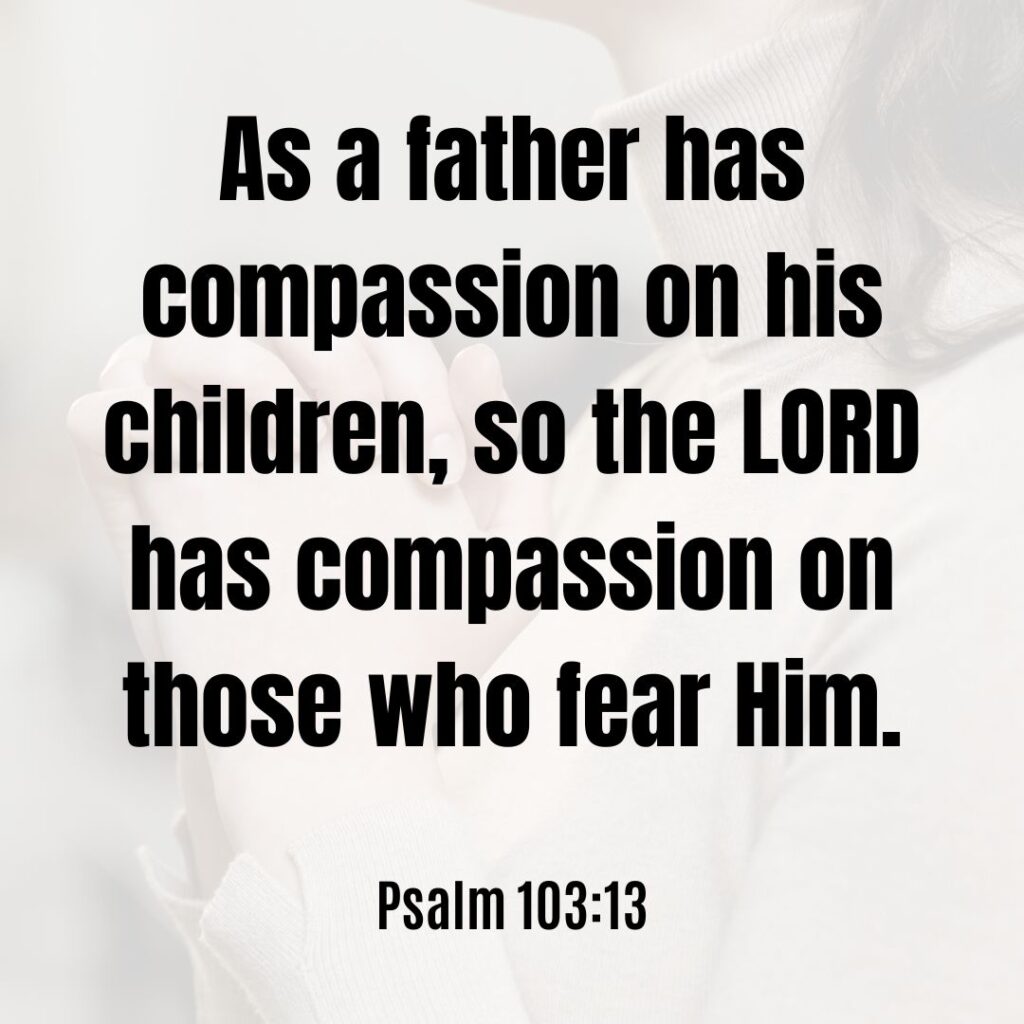The Bible’s portrait of God as our Father is one of its most transformative and comforting themes. Throughout both the Old and New Testaments, God is depicted as a loving, merciful, and caring Father, offering His children guidance, protection, and unconditional love. This article will delve into the multifaceted portrait of God as our Father, analyzing scripture, exploring symbolism, and examining theological implications.
God as a Father in the Old Testament
The depiction of God as a Father begins in the Old Testament, primarily as a metaphor highlighting the covenant relationship between God and the nation of Israel.
Yahweh, The Father of Israel
In Deuteronomy 32:6, Moses questions Israel, asking, “Is He not your Father who has bought you? He has made you and established you.” This text refers to God as the Creator and Sustainer of Israel. His fatherhood is seen not in the biological sense, but in the sense of being a Provider, Protector, and Guide for His people.
God’s Fatherly Compassion
The Old Testament further illustrates God’s fatherly nature through expressions of compassion and mercy. In Psalm 103:13, it is written, “As a father has compassion on his children, so the LORD has compassion on those who fear Him.” The image painted here is of a Father full of compassion, ready to extend mercy to those who seek Him.
God as a Father in the New Testament
The New Testament takes the metaphor of God as our Father and deepens it through the teachings of Jesus Christ.
The Fatherhood of God in the Teachings of Jesus
One of the most profound changes Jesus introduced was a personal and intimate relationship with God. He taught His followers to pray to God by saying “Our Father in heaven…” (Matthew 6:9). Jesus Himself referred to God as His Father throughout the Gospels, introducing a sense of familial intimacy that was new to the religious landscape of His time.
God as Our Adoptive Father
In the New Testament, God’s fatherhood is also seen in the concept of adoption. Ephesians 1:5 states, “He predestined us for adoption to sonship through Jesus Christ, in accordance with His pleasure and will.” Through faith in Christ, believers become children of God, adopted into His family with all the rights and privileges of sonship, demonstrating the profound depth of God’s love and mercy.
God as a Perfect Father
The Bible’s depiction of God as Father also sets the ultimate example of perfect parenthood.
Unconditional Love and Forgiveness
The parable of the Prodigal Son in Luke 15:11-32 illustrates the unconditional love and forgiveness of God as our Father. No matter the mistakes made, God, like the father in the parable, is always ready to forgive and celebrate our return to Him.
Eternal Care and Guidance
Matthew 6:25-34 demonstrates God’s care and provision for His children. As earthly parents care for their children’s needs, God even more so provides for ours. Moreover, Proverbs 3:11-12 shows God as a Father who corrects and guides His children for their good and growth.
Conclusion
Understanding God as our Father is a key element of Christian faith. The Bible presents God as a loving, caring, compassionate, and forgiving Father, who desires an intimate relationship with His children. The metaphor of God as a Father transcends human understanding, offering a glimpse into the depth and breadth of His divine love, compassion, and mercy.
By exploring God’s fatherhood in the Bible, believers can better comprehend His nature, His love for humanity, and the privileges and responsibilities of being called His children. Indeed, the metaphor of God as our Father is a powerful and comforting image, providing assurance of His enduring presence, love, and guidance.



